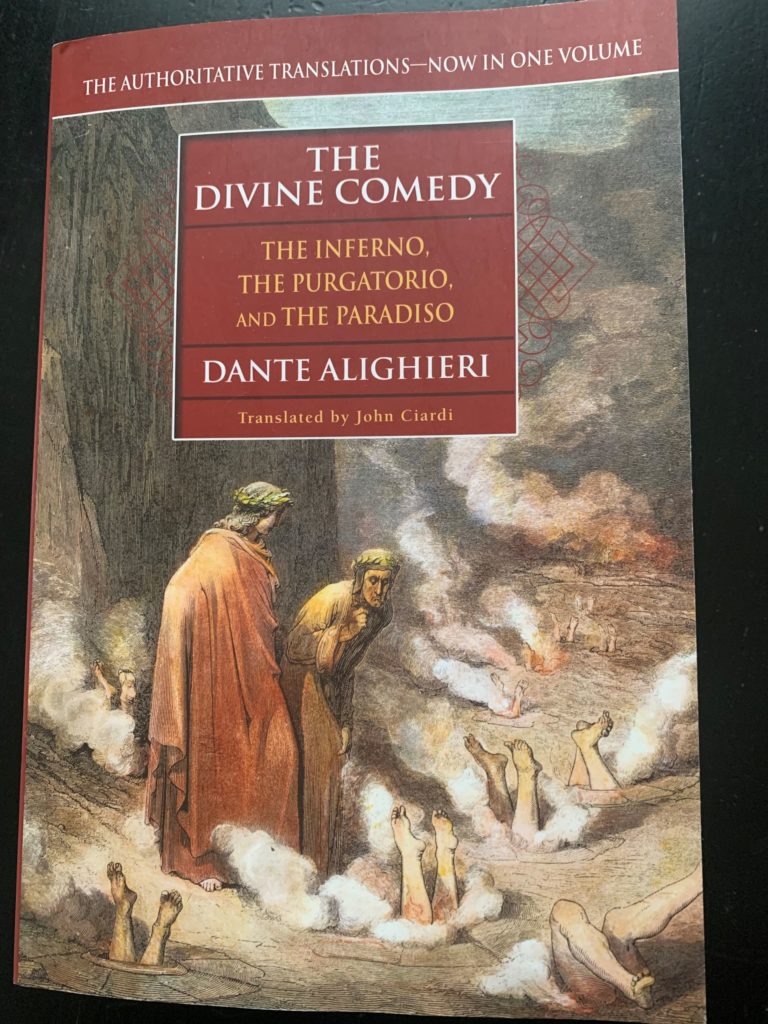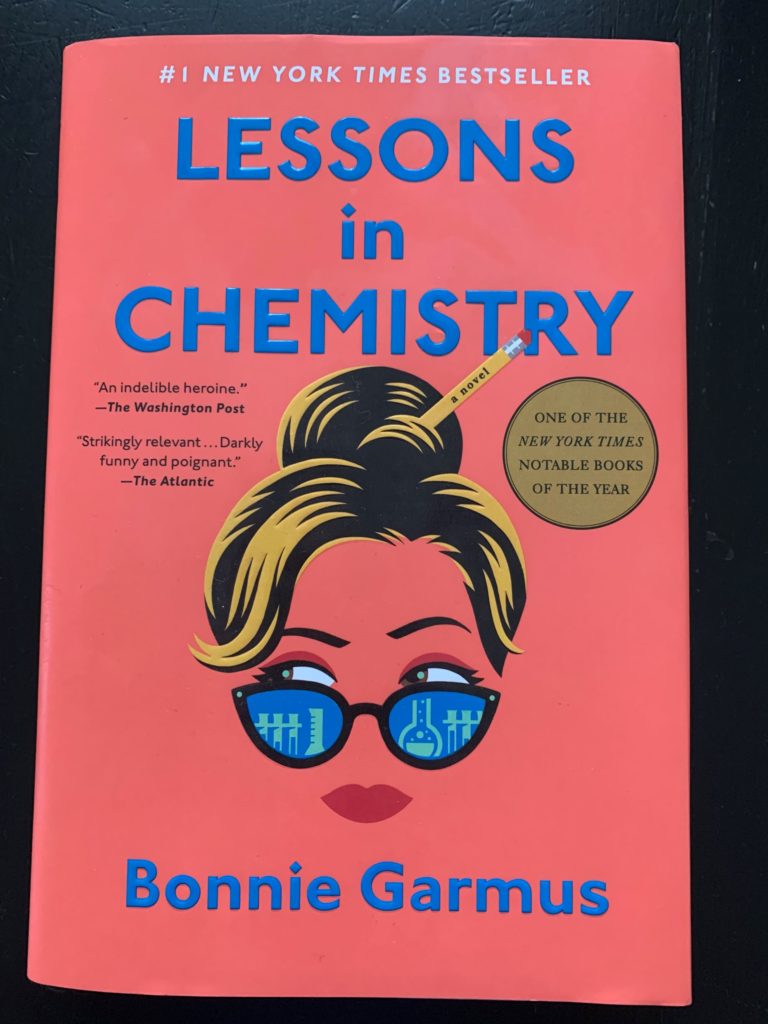On to level seven. It took me around two hours to read this section despite the fact that it was around twenty pages. I read, then I read the footnotes, then I read again and wonder if I am getting anything out of this. This finally seems like we are going the right direction. But still when I look ahead, I wonder if this is actually put in the right order. Let’s talk about what is here.

The seventh level contains three different types of ‘violence’. In my translation it is said the first one is violence against neighbors. That is violence as we would expect; people killing people. These were souls stuck in a river of boiling blood presumably at the depth to the level of their quantity of violence. Here we see Alexander the Great and Attila the Hun as examples.
The second area was violence against self. These were people that committed suicide. Their spirits were implanted into thorny trees that ravaged daily by furies who rip off branches causing more pain. In essence, they never escape the self torture in death that was suffered in life.
The third area had two different categories. One was violence against nature which translates more colloquially as homosexuality and bestiality. The second area was violence against art which I don’t totally get. It is said to be usury or predatory lending. The first part were souls stuck on a burning sand desert that also rained flaming ashes. The second was perched on a ledge on the way down to level eight.
There were several things that I found puzzling. The first is using a modern lens, the payday lender is bigger sinner than a mass murderer? I would imagine that we would see Adolf Hitler in the river with Atilla the Hun. Usury is a subjective evaluation in my opinion. What one person thinks is a rip-off may be fine for another. We of course have laws about the maximum amount of interest that is permissible but I find those rates to be usury myself. But, from the information I have seen, those are voluntary and satisfactory interactions.
We don’t really see usury in this society. I imagine that institutions like the mafia or gangs may fit the bill since they play in that arena. I really don’t know many details about what is common. But then again, there are probably other sins that they are also committing. Maybe you had to be there?
The second thing that I found challenging was that after level after level of surface level interactions Dante found a lot of comrades on the sand. In this epic about sin and Dante having his day, there is little evidence that these people were out in the open. Apparently Dante had several deep, admirable relationships with the specters he met here and it makes you wonder if this was really the condemnation that we are led to believe. In some interactions, there is clear animosity over perceived wrongs. So maybe Dante is a criminal against nature?
Finally, the notes in the book on individuals on suicide did not actually indicate suicide. Maybe more like reckless behavior. There were people that were killed in battle and there were mythology figures that were killed by poison as examples. But the text clearly references that it was suicidal thoughts and behaviors regardless of whether the history proves it correct.
I think that it is worth noting that we are talking about something that was written in the early 14th century. They didn’t have the internet to instantly fact check information and maybe they didn’t even have written records to reference. I think that it is somewhat forgivable to have some of the facts mixed up. But it is difficult to fully understand intent when the facts and the story don’t quite line up.
Reading this section is like reading the “Dungeon Master’s Guide”. If you ever saw the first printings of this, it was mostly an encyclopedia of monsters. I don’t have a copy anymore but I am pretty sure everything that we are running across in this story was catalogued in there.
To do another serious reading of this story, it would be worth boning up on Greek, Roman and Egyptian mythology. The back story of the characters that Dante sees and interacts with plays a significant role in the innuendo of the story. I am getting some of it from the footnotes as I read along, but I am certainly struggling to swim in the name stew of mythological characters. I am a lot better with the monsters.
Be warned, next week is a long one. Cantos 18-31 comprise level eight. As I look at the story, this will be the longest stretch in the entire book analysis. To me, this indicates the significance to Dante. Of course, more on all of that next week.
End Your Programming Routine: Maybe it was finally getting to some identifiable sins or maybe it was getting into more than one or two Cantos that I liked this section. Despite the fact that I struggle with his categorization, the penalties and creatures were captivating. The notes indicate that Dante may have been in the Franciscan order at one point, but I am really impressed at how much he knows about mythology. Before the age of enlightenment, Dante is an impressive character.


Recent Comments